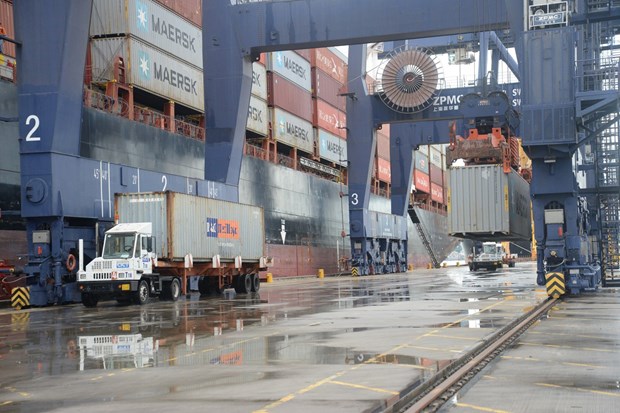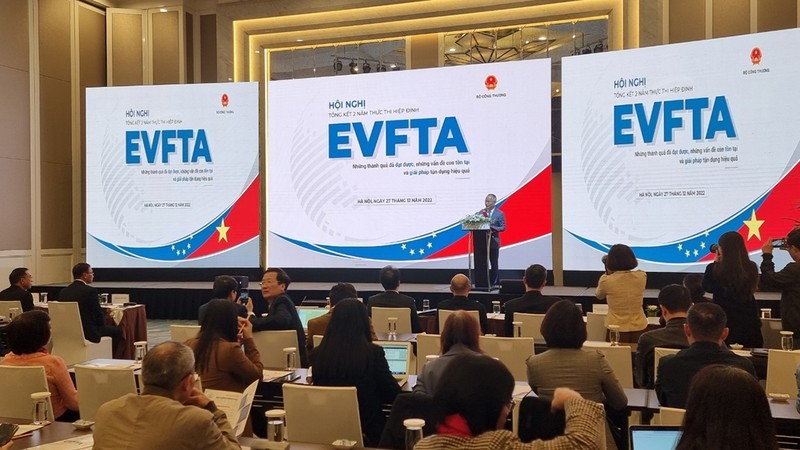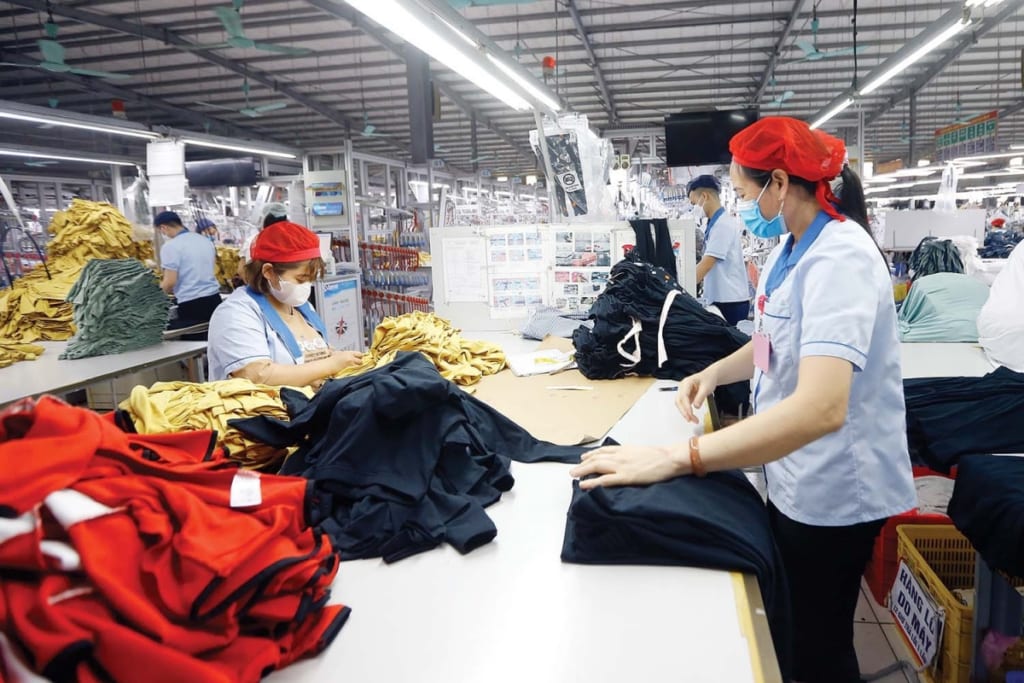As many European countries face a growing shortage of skilled labor, Vietnam manpower has emerged as a leading solution for businesses seeking affordable, skilled, and dependable workers. Known for its well-trained workforce, Vietnam has become a popular choice for companies across industries such as construction, food processing, agriculture, and manufacturing. This article explores the potential of Vietnam’s labor market, highlighting why its workforce is both cost-effective and reliable, making it an ideal option for businesses looking to optimize operations and fill critical labor gaps.

Vietnam Manpower: A Skilled Workforce Ready to Meet Global Demands
Vietnam has made significant strides in developing a skilled workforce, thanks to its strong vocational training programs and a growing emphasis on technical education. The country’s labor force is well-prepared to meet the demands of industries such as construction, food processing, agriculture, and manufacturing, where specialized skills are essential for high-quality production.
The government of Vietnam has invested heavily in vocational training and education, leading to a workforce that is both technically proficient and adaptable to various industries. Many workers are trained in fields such as electrical engineering, mechanical engineering, welding, carpentry, and food technology, ensuring that they can handle the technical challenges of modern industries.
Vietnamese workers are also known for their attention to detail, problem-solving abilities, and quick learning skills, making them highly valuable in sectors that require precision and consistency. Additionally, many Vietnamese workers have a strong work ethic, demonstrating reliability and commitment to their roles, which makes them highly sought after by companies worldwide.
Vietnam has become a competitive player in the global labor market, attracting businesses that need skilled labor at a cost-effective price. This combination of technical skills, work ethic, and adaptability positions Vietnam as an ideal partner for companies looking to enhance productivity and maintain high standards in their operations.
Cost-Effective Solutions with Vietnam Manpower for Global Businesses
One of the key advantages of Vietnam’s workforce is its cost-effectiveness. Compared to labor costs in many Western and developed Asian countries, Vietnam offers highly competitive wages while maintaining a high level of skill and productivity. This makes Vietnam an attractive destination for businesses seeking to reduce labor costs without compromising on quality.
The labor cost in Vietnam is significantly lower than in countries like the United States, Germany, or Japan, as well as some other Southeast Asian countries. For example, manufacturing labor costs in Vietnam can be up to 50% lower than in China or Thailand, making it an ideal location for companies in industries such as electronics, textiles, and food processing.
In addition to lower wages, the cost of living in Vietnam is relatively affordable, which helps keep overall operating expenses down. Businesses can leverage this cost advantage by outsourcing production or opening manufacturing facilities in Vietnam, benefiting from both reduced labor costs and high-quality output.
Vietnam’s cost-effective labor force also enables companies to scale up production quickly and efficiently, without the financial strain often associated with labor in higher-cost regions. As a result, many global companies have chosen to establish operations in Vietnam, tapping into this highly efficient and budget-friendly workforce to maintain their competitive edge in the global market.
Dependable and Responsible Workforce with Vietnam Manpower
In addition to being skilled and cost-effective, Vietnam’s workforce is also known for its reliability and strong sense of responsibility. Workers in Vietnam are widely recognized for their dedication, work ethic, and commitment to meeting deadlines and production targets, making them highly dependable partners for businesses looking to maintain operational consistency.
Vietnamese workers are typically well-disciplined, respectful of authority, and willing to go the extra mile to ensure that tasks are completed to the highest standard. This sense of responsibility is deeply rooted in the country’s cultural values, where respect for work and a sense of duty are highly prioritized. As a result, businesses that rely on Vietnam manpower often find that their employees are not only productive but also loyal and committed in the long term.
Moreover, the Vietnamese workforce is adaptable and eager to learn. Workers are open to training and continuously improving their skills to stay competitive in rapidly evolving industries. This flexibility and willingness to take on new challenges make Vietnamese labor an ideal choice for businesses that require a dependable and responsible workforce to navigate the demands of a dynamic global market.
By tapping into Vietnam’s manpower, companies can benefit from a workforce that consistently delivers high-quality results, maintains a strong commitment to their roles, and contributes positively to the overall success of the business.
Success Stories with Vietnam Manpower
Many Euro companies have already discovered the benefits of leveraging Vietnam manpower to meet their labor needs, especially in terms of cost-effectiveness, skill, and dependability. LabourlinkVN has successfully implemented high-quality manpower solutions for several European businesses, addressing the critical labor shortages faced by companies in various industries. From the initial phase of understanding the recruitment needs of employers to selecting and introducing skilled workers, LabourlinkVN ensures a seamless process. The company has also excelled in facilitating visa approvals and managing the logistics of workers’ travel to their job sites, ensuring timely and smooth transitions. By providing reliable and skilled labor, LabourlinkVN has helped businesses overcome staffing challenges, resulting in increased production efficiency and sustainable growth in their operations.

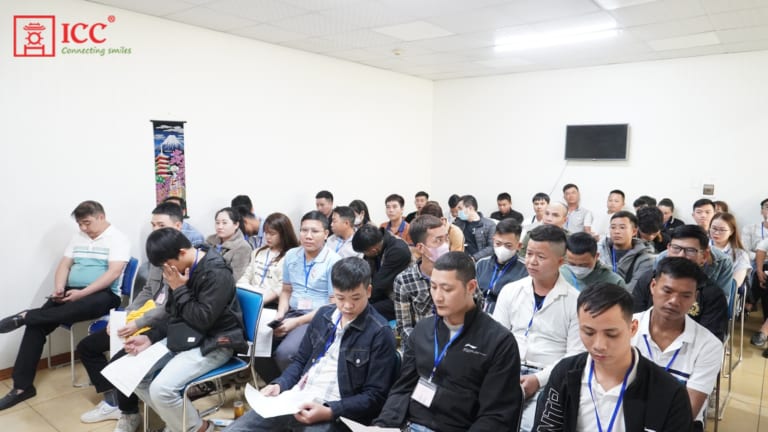
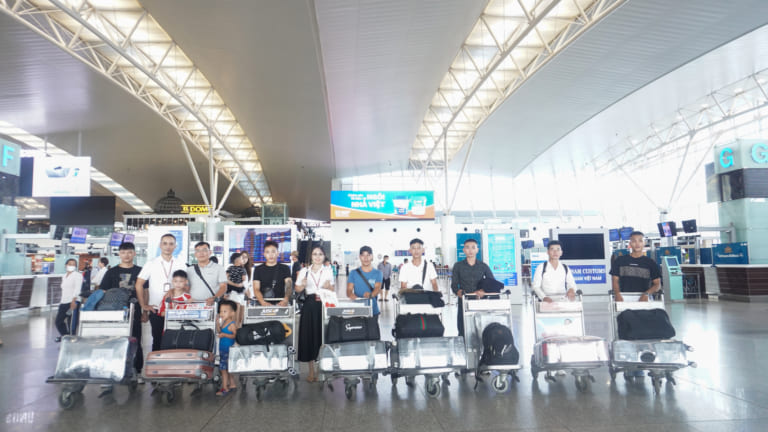
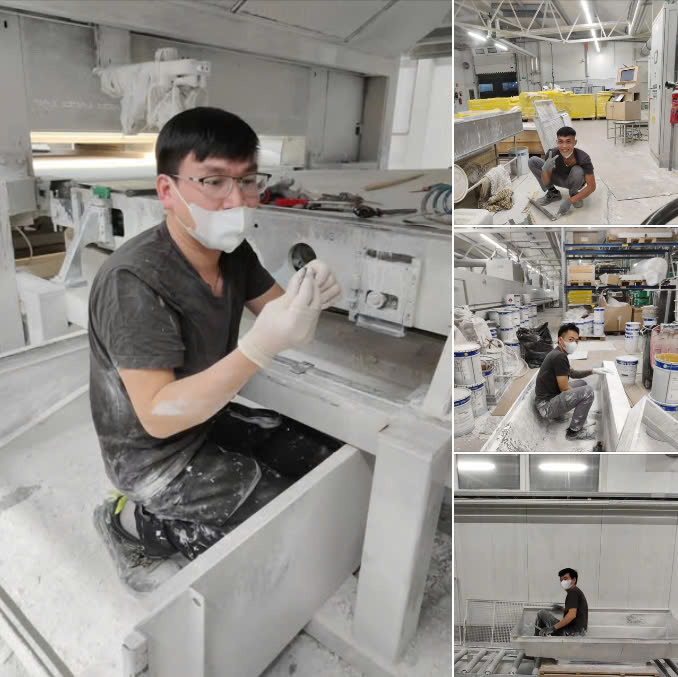
Challenges and Considerations
While Vietnam offers a highly skilled, cost-effective, and reliable labor force, there are certain challenges and considerations that businesses should keep in mind when sourcing manpower from the country. Understanding these factors can help ensure a smooth collaboration and successful integration of Vietnamese workers into your operations.
- Language and Communication Barriers
One of the primary challenges when working with a Vietnamese workforce is the language barrier. While English proficiency is improving, particularly among younger workers, many employees may still have limited language skills. This can sometimes create difficulties in communication, especially for complex tasks or when managing a large team. Businesses may need to invest in language training or hire bilingual supervisors to facilitate smooth communication and ensure instructions are clearly understood. - Cultural Differences
Cultural differences in work style, business etiquette, and interpersonal communication may also present challenges. In Vietnam, there is often a strong hierarchical structure in workplaces, and respect for authority is highly valued. This may differ from the more egalitarian work cultures in some Western countries. Understanding these cultural nuances and fostering an environment of mutual respect and collaboration can help bridge these gaps and promote better working relationships. - Labor Laws and Regulations
Navigating Vietnam’s labor laws and regulations is crucial for businesses looking to employ workers in the country. The legal framework surrounding wages, working hours, benefits, and worker protection is evolving, and businesses must stay up-to-date on the latest labor laws to ensure compliance. This may involve working closely with local partners or legal advisors to ensure all employment contracts and business operations meet the necessary standards. - Managing Expectations for Long-Term Sustainability
While Vietnamese workers are highly skilled and dependable, it is important for businesses to set realistic expectations about the long-term sustainability of their labor force. Labor turnover, while generally lower compared to other regions, can still be a challenge in certain sectors. Companies should plan for ongoing training and development to retain top talent and adapt to the changing demands of their industries. - Infrastructure and Logistics
In some areas, particularly in rural or less-developed regions of Vietnam, infrastructure and logistics may not be as advanced as in major cities. This can impact transportation, access to resources, and the ability to scale operations quickly. Businesses should carefully consider the location of their operations and plan accordingly to ensure smooth logistics and access to necessary services.
Vietnam’s manpower offers a unique blend of skill, affordability, and dependability, making it an attractive choice for businesses worldwide, particularly in Europe. With a well-trained, dedicated workforce, Vietnam is well-equipped to help companies overcome labor shortages, optimize costs, and increase production efficiency. Vietnamese workers are known for their strong work ethic, adaptability, and commitment to quality, providing companies with a reliable and productive resource.
However, businesses must be mindful of potential challenges, such as language barriers, cultural differences, and legal regulations, when integrating Vietnamese labor into their operations. By understanding these factors and planning effectively, companies can maximize the benefits of Vietnam’s workforce.
LabourlinkVN plays a pivotal role in connecting foreign companies, especially those in the European market, with Vietnam’s skilled labor pool. As a trusted partner, LabourlinkVN facilitates smooth recruitment, visa processing, and relocation logistics, ensuring a seamless experience for businesses looking to tap into Vietnam’s labor force. With its expertise and local knowledge, LabourlinkVN is the ideal bridge for businesses seeking to leverage Vietnam manpower for long-term growth and success.

